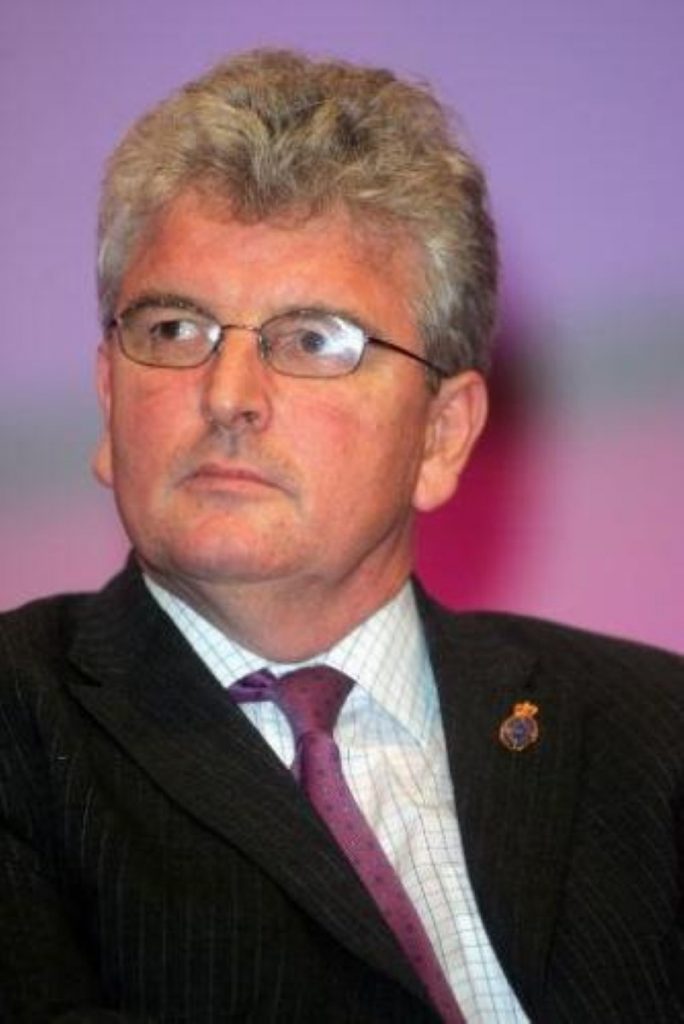Browne: The army might be too small
Defence secretary Des Browne has said he thinks the army might be too small to maintain its current operational tempo.
In an interview with the times Mr Browne said the army is able to carry out two major overseas operations, but expressed concern over its ability to handle current commitments while still working on basic skills.
However, the defence secretary said there were currently no plans to increase troop numbers and a re-deployment was likely instead.
He said the UK having troops in Bosnia, who are acting as police 14 years after the initial deployment, was “inappropriate”.


Additionally, the number of British soldiers in Northern Ireland would be cut to 5,000 next year and hopefully there would be fewer troops in Iraq.
The time and size of the cuts depends on security conditions, he added, but the redeployment was pencilled in for next year.
If the planned reduction in the number of troops deployed goes ahead it will “bring back a degree of flexibility”, Mr Browne said.
The defence secretary said his principal worry was making sure extra time was made available to train troops in a wider range of skills when they are not on operational tours.
But the admission of the stretched nature of UK forces has been leapt on by opposition parties.
Shadow defence secretary Liam Fox, said: “This is the clearest admission yet that the prime minister has been all too willing to commit our forces without taking into account their operational capabilities or the welfare of our servicemen and women.
“As gaps between tours of duty continue to grow smaller the pressures on service families increases with the all too predictable effect on retention. If the prime minister commits our forces so much, Gordon Brown must be willing to fund them properly.”
Liberal Democrat defence spokesman Nick Harvey added: “Our armed forces are at their lowest manning levels since the second world war, yet are faced with massive overseas commitments.
“For a long time the government has obstinately refused to accept that the army is badly overstretched, but now in a bolt from the blue the defence secretary has admitted the fact. The question now is what is he going to do about it?”
He added: “This confirms what everybody has been saying for months, most notably General Dannatt.”
Head of the army general Richard Dannatt sparked a major controversy with an interview in the Daily Mail in October when he warned British troops were not welcome in many parts of Iraq and their presence was even making the security situation worse.
“Whatever consent we may have had in the first place, may have turned to tolerance and has largely turned to intolerance,” Sir Richard said.
“That is a fact. I don’t say that the difficulties we are experiencing round the world are caused by our presence in Iraq but undoubtedly our presence in Iraq exacerbates them.”
He told the newspaper Britain should “get ourselves out sometime soon because our presence exacerbates the security problems”.
Today Mr Browne told the Times he had allowed the service chiefs to speak out in public about their concerns.
“I told them that constitutionally I was happy for them to speak in public, but I reminded them that we all work for the same management board and have the same responsibilities for policy,” he said.












